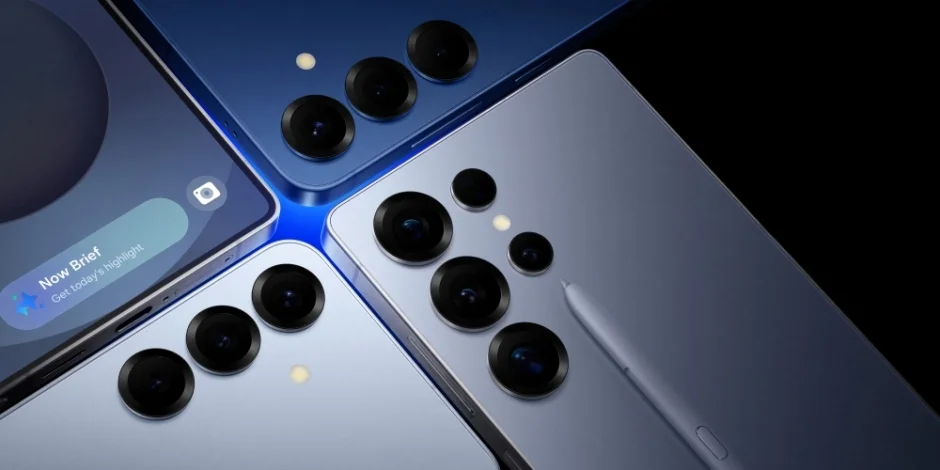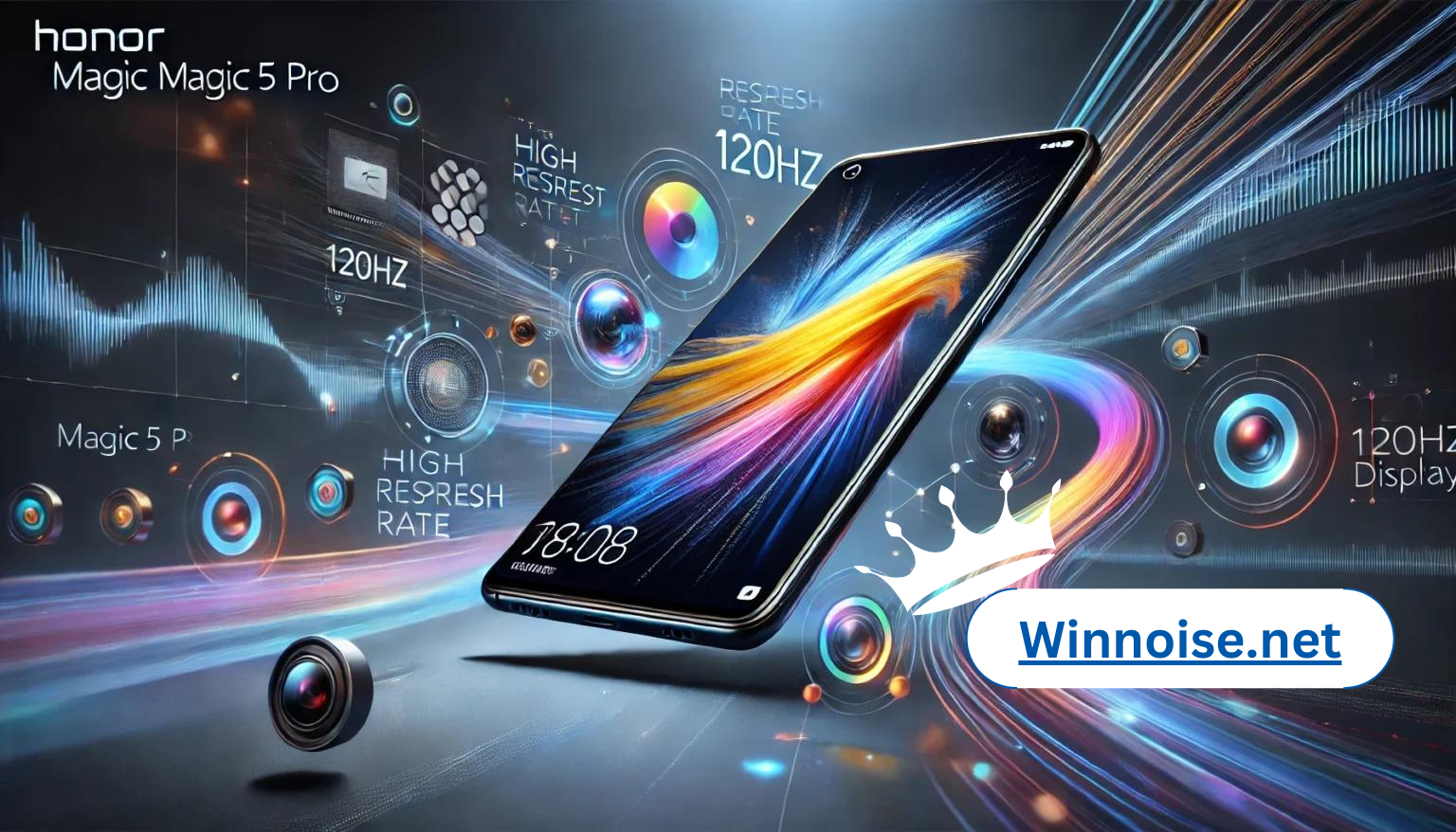The smartphone market is fiercely competitive, with major players constantly vying for dominance. Samsung, one of the largest and most influential tech companies globally, has often been at the forefront of this competition. The company has long been known for its innovation in mobile devices, with its Galaxy series being a key product line that defines the brand. In a recent strategic move that has raised eyebrows in the tech industry, Samsung has selected Qualcomm as its exclusive supplier for the 5G chipset in its upcoming Galaxy S25 series. This decision marks a significant departure from the past, as Samsung had previously relied on its in-house Exynos chips for some of its Galaxy S models.
The Context: The Evolution of Samsung’s Mobile Chipsets
Samsung has long prided itself on its ability to develop and manufacture high-performance processors through its subsidiary, Samsung LSI (Samsung Electronics’ System LSI division). The Exynos chipset, first introduced in 2011, was initially seen as a key element in Samsung’s bid to compete with Apple’s A-series chips and Qualcomm’s Snapdragon processors. Exynos chips powered several models of the Galaxy S and Galaxy Note devices, and over time, they evolved in terms of performance and efficiency.
However, despite advancements in the Exynos family, Samsung faced challenges with its in-house chips. One of the primary issues was that in certain markets, particularly the United States, Samsung had chosen to use Qualcomm’s Snapdragon processors in its Galaxy devices instead of Exynos chips. While Samsung touted the power of its Exynos lineup, the performance of Qualcomm’s Snapdragon processors, especially in terms of 5G connectivity, GPU capabilities, and overall power efficiency, often outperformed their Exynos counterparts in real-world use.
As 5G connectivity became increasingly important, Samsung’s reliance on Exynos chips began to show cracks. While Qualcomm made significant advancements in developing 5G chips, Exynos struggled to keep pace, leading to consumer dissatisfaction. By the time of the Galaxy S22 series, it was clear that Samsung needed a more consistent approach to its flagship devices in terms of processing power and connectivity, and its collaboration with Qualcomm became increasingly critical.
Why Qualcomm Was Chosen for the Galaxy S25
The decision to go with Qualcomm for the Galaxy S25 is multi-faceted, based on performance, market dynamics, and the growing importance of 5G technology. Several factors likely contributed to this pivotal decision:
1. Superior 5G Technology
Qualcomm has long been a leader in mobile chipsets, especially in the 5G space. Its Snapdragon processors, particularly those in the 8-series, have been widely regarded as the best in terms of integrating 5G capabilities. The company has invested heavily in the development of 5G technology, and its expertise in this area has allowed it to provide solutions that deliver faster speeds, lower latency, and more efficient power consumption.
For Samsung, the Galaxy S series has always been a flagship line where cutting-edge features and technologies are expected. The Galaxy S25 is expected to be a 5G-centric device, and leveraging Qualcomm’s expertise in this field ensures that Samsung can offer users an optimized 5G experience. Qualcomm’s 5G modem technologies, including the Snapdragon X65 modem, deliver top-tier performance in areas such as download/upload speeds and multi-band connectivity, which are essential for the next generation of mobile networks. As 5G is integral to the future of smartphones, having Qualcomm’s best-in-class 5G technology in the Galaxy S25 ensures that Samsung’s flagship will remain competitive in the market.
2. Global Consistency and Performance
In the past, one of the major headaches for Samsung was maintaining consistency across markets. The Exynos versions of the Galaxy devices were often found to underperform compared to their Qualcomm counterparts, especially in regions like the U.S., where Snapdragon models were favored. This created an uneven experience for consumers, with users in certain regions experiencing faster processing speeds and better battery efficiency compared to those in other markets.
By selecting Qualcomm’s Snapdragon chips for all variants of the Galaxy S25, Samsung ensures that customers worldwide will have a consistent, high-quality experience. Qualcomm’s Snapdragon 8-series chips, which power flagship devices from various manufacturers, are well-known for their powerful CPU and GPU performance, as well as their high levels of power efficiency. This consistency in performance is critical for a global brand like Samsung, and it eliminates the potential backlash of different performance experiences across regions.
3. Strong Partnership and Industry Leadership
Samsung’s relationship with Qualcomm has been a strong one, with both companies working together in various capacities over the years. Qualcomm’s chipsets have powered a variety of Samsung’s mobile devices, particularly in markets like North America, where Qualcomm’s chips dominate. In addition to supplying chips for smartphones, Qualcomm and Samsung have collaborated on 5G infrastructure and development, with Samsung leveraging Qualcomm’s modem technology for its own network equipment.
The partnership between the two companies is built on mutual respect for each other’s strengths. Qualcomm brings advanced chip technology and a deep understanding of mobile communication standards, while Samsung provides the manufacturing prowess and innovation in consumer electronics. This synergy makes Qualcomm an ideal partner for Samsung as it seeks to maintain its leadership position in the smartphone market.
4. Exynos Challenges and Delays
Another reason for Samsung’s shift toward Qualcomm for the Galaxy S25 is the ongoing challenges it faces with its Exynos chips. Although Samsung has invested heavily in improving Exynos, recent years have shown that Exynos chips still have some significant limitations. Performance discrepancies between Exynos and Snapdragon-powered devices in terms of CPU and GPU speeds, as well as battery life, became more evident as mobile games, high-performance applications, and 5G capabilities grew in importance.
Samsung has also faced some delays with its Exynos development cycle. For instance, the Exynos 2200, which was intended to power the Galaxy S22 models, faced significant delays in production due to issues with its AMD RDNA2 GPU and difficulties with the 4nm manufacturing process. These delays and challenges contributed to Samsung’s decision to focus on Qualcomm for the S25, ensuring that its flagship devices would not suffer from performance shortcomings.
5. Fostering Consumer Confidence
Consumer confidence is another crucial element in Samsung’s decision to select Qualcomm for the Galaxy S25. With many users increasingly discerning about the performance and capabilities of their smartphones, having Qualcomm’s industry-leading Snapdragon chipset as the heart of the Galaxy S25 can help reassure customers that they are getting the best possible experience. By choosing Qualcomm, Samsung aligns itself with a brand that is synonymous with premium mobile performance, which can further boost the credibility of the Galaxy S25 series.
Looking Ahead: The Future of Samsung’s Smartphone Strategy
The selection of Qualcomm for the Galaxy S25 marks a pivotal moment in Samsung’s mobile strategy. By opting for Qualcomm’s Snapdragon chips across all global variants of its flagship device, Samsung is emphasizing the importance of performance consistency and cutting-edge 5G technology. The decision may also signal a shift toward focusing on external partnerships rather than trying to develop in-house chips to compete with industry leaders.
As Samsung continues to innovate in the smartphone space, it will likely continue to rely on Qualcomm for its 5G and chipset technology. However, the future of Samsung’s mobile chip strategy may evolve, especially as the company seeks to position itself at the forefront of next-generation technologies like AI, augmented reality, and advanced mobile gaming.
In conclusion, Samsung’s decision to select Qualcomm as the exclusive supplier for the Galaxy S25’s 5G chipset reflects a strategic move aimed at ensuring superior performance, global consistency, and leveraging Qualcomm’s leadership in mobile connectivity. As the smartphone industry continues to evolve, this collaboration will play a crucial role in shaping the success of Samsung’s flagship devices.



